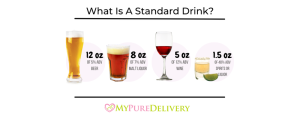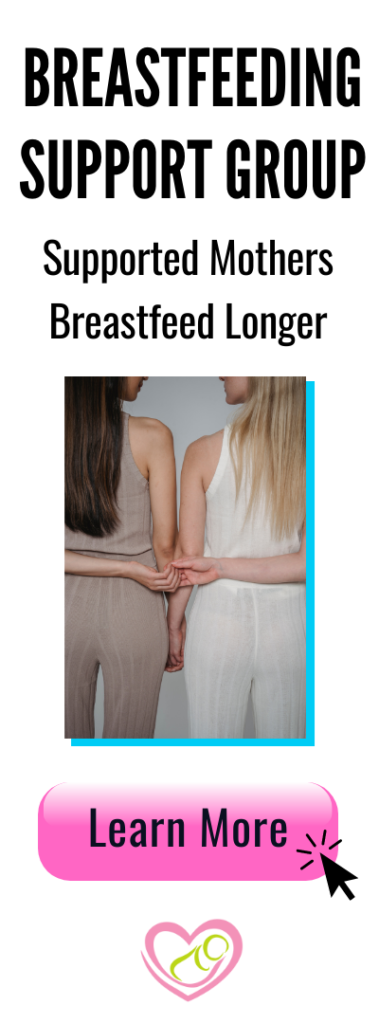Alcohol And Breastfeeding- Is It Safe For Baby?
April 21, 2022 2025-02-05 16:06Alcohol And Breastfeeding- Is It Safe For Baby?
Alcohol And Breastfeeding- Is It Safe For Baby?
We all know that alcohol isn’t recommended for pregnant mothers, but what about while breastfeeding? Can alcohol be transferred through breast milk? Keep reading to find out.
An occasional drink is usually okay.
It’s a common misconception that breastfeeding mothers can’t enjoy a glass of wine with dinner, or have a drink while out with friends. We’ve heard time and time again that mothers have been told they shouldn’t be drinking while breastfeeding, but the CDC states differently. If you choose to drink alcohol, this does not mean you need to end your breastfeeding journey. However, it should be noted that drinking in excess is not recommended for both the health of your infant as well as your own health.
Does alcohol get into breast milk?
Yes, in small amounts. Alcohol enters breast milk similarly to how it enters the bloodstream. For 1 standard drink, alcohol levels are at the highest concentration in your milk 30-60 minutes after consumption, but can still be detected for 2-3 hours after consumption. The more you drink, the longer the alcohol will still be detected (approximately an extra 2 hours per drink).
How much alcohol can breastfeeding mothers have?
While drinking no alcohol is always the safest option, research has shown that an occasional drink is not harmful to infants. The CDC states “moderate alcohol consumption, meaning up to one standard drink in a day, is not known to be harmful to the infant. To be safest, the mother can wait at least 2 hours after a single drink before nursing.”
What is a “standard” drink?

You may be wondering what is meant by a “standard drink.” It’s hard to keep the numbers straight, but if you just remember that generally, one beer, one glass of wine, and one shot are usually pretty close to the same. This means that a pint of draft beer or a cocktail with multiple types of liquor may contain more than the standard amount. Feel free to screenshot the graphic to remember the specifics.
- 12 oz of beer containing 5% ABV (alcohol by volume)
- 8 oz of malt liquor containing 7% ABV
- 5 oz of wine containing 12% ABV
- 1.5 oz of spirits or liquor containing 40% ABV (80 proof)
Can I pump and dump to get the alcohol out of my milk faster?
No. Just like how blood alcohol levels decrease over time, so does the alcohol content in breast milk. Pumping and discarding milk will not decrease the alcohol content.
If it is time to nurse/pump but you are still feeling the effects of alcohol, you may need to pump out some milk to relieve discomfort from engorgement and protect your milk supply. If you think you may find yourself overindulging a bit, be sure to plan ahead and have other options for feeding your infant available.
**Note: Undrinkable breast milk can normally be used for milk baths and soothing other skin issues, but we do not recommend this practice with milk containing alcohol, as it can cause irritation.**
How Can Alcohol Impact Breastfeeding?
Consuming higher quantities of alcohol can impact your body’s ability to release milk, potentially leading to clogged ducts and decreased milk supply over time. Also, keep in mind that alcohol is a diuretic and can cause dehydration, which is one of the biggest causes of decreased milk supply.
For your infant, excessive consumption while breastfeeding can hinder your child’s development, create hormonal imbalances as well as cause irregular sleep patterns. Please keep alcohol occasional and moderate to protect your breastfed baby from any negative effects.



